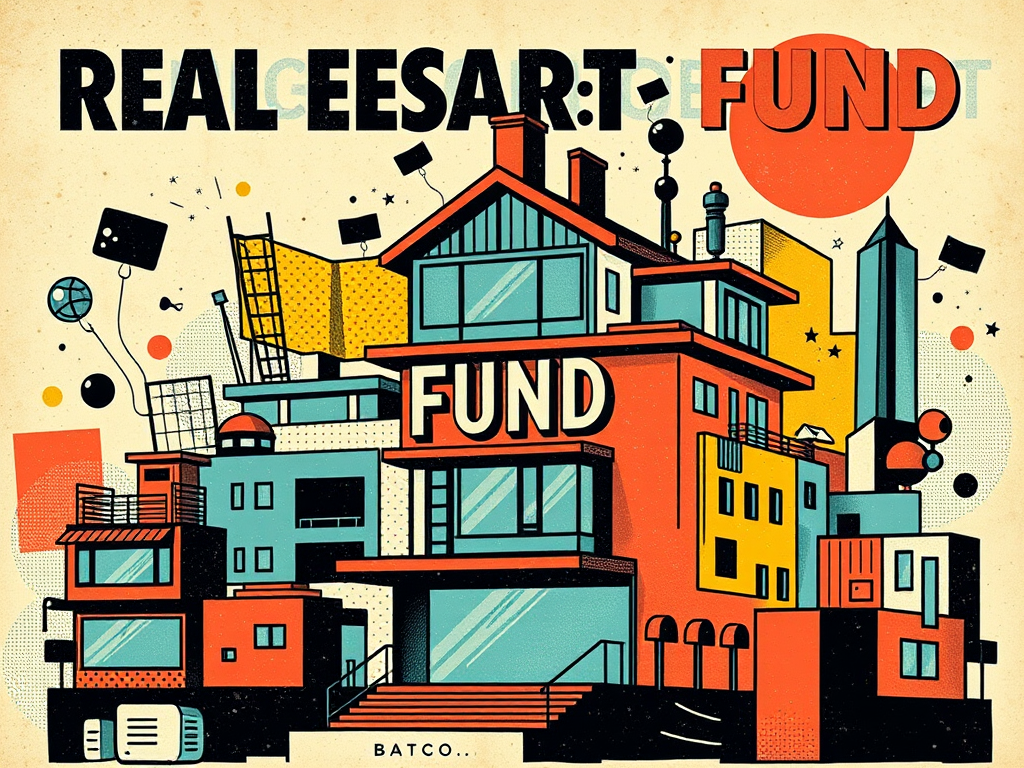Greece’s Stance on Golden Visa Security: Background Checks and Approval Rates

Greece’s Golden Visa Program: Security Measures, Background Checks, and Approval Rates
Reading time: 15 minutes
Table of Contents
- Introduction to Greece’s Golden Visa Program
- The Evolution of Greece’s Golden Visa Security Measures
- Current Background Check Procedures
- Approval Rates and Processing Times
- Economic Impact of the Golden Visa Program
- Comparison with Other European Golden Visa Programs
- Future Outlook and Potential Changes
- Conclusion
- FAQs
Introduction to Greece’s Golden Visa Program
Greece’s Golden Visa program, officially launched in 2013, has become one of the most popular residency-by-investment schemes in Europe. The program offers non-EU nationals the opportunity to obtain a residence permit in exchange for a significant investment in Greek real estate. As the program has evolved, so too have the security measures and background check procedures implemented to ensure its integrity and protect national interests.
This comprehensive analysis will delve into the intricacies of Greece’s approach to Golden Visa security, examining the background check processes, approval rates, and the program’s broader economic implications. We’ll explore how Greece balances the desire for foreign investment with the need for robust security measures in an increasingly complex global landscape.
The Evolution of Greece’s Golden Visa Security Measures
Since its inception, Greece’s Golden Visa program has undergone several iterations of security enhancements. Initially, the focus was primarily on verifying the source of funds for investments. However, as the program gained popularity and international scrutiny increased, Greek authorities recognized the need for more comprehensive security protocols.
Key Milestones in Security Enhancement
- 2015: Introduction of enhanced due diligence procedures
- 2017: Implementation of biometric data collection for all applicants
- 2019: Integration with EU-wide security databases
- 2021: Adoption of AI-assisted background check technologies
These progressive changes reflect Greece’s commitment to maintaining the program’s integrity while adapting to emerging security challenges and international best practices.
Current Background Check Procedures
The current background check procedures for Greece’s Golden Visa applicants are multi-layered and thorough. They involve collaboration between various national and international agencies to ensure a comprehensive vetting process.
Key Components of the Background Check Process
- Identity Verification: Rigorous checks against international databases to confirm applicant identities and detect potential fraud.
- Criminal Record Checks: Comprehensive screening against national and international criminal databases, including Interpol and Europol records.
- Financial Due Diligence: In-depth analysis of the source of funds, including anti-money laundering (AML) checks and verification of financial transactions.
- Security Risk Assessment: Evaluation of potential security risks, including ties to terrorist organizations or involvement in other illicit activities.
- Professional and Personal Background Verification: Validation of employment history, business affiliations, and personal references.
These procedures are designed to create a robust barrier against potential security threats while still maintaining an efficient application process for legitimate investors.
Approval Rates and Processing Times
The approval rates for Greece’s Golden Visa program have remained consistently high, reflecting both the attractiveness of the program and the effectiveness of the screening processes. However, it’s important to note that these high approval rates are not indicative of lax security measures, but rather of thorough pre-screening and guidance provided to potential applicants.
Statistical Overview
- Average approval rate (2018-2022): 92%
- Average processing time: 3-6 months
- Rejection rate due to security concerns: 3%
- Applications withdrawn during background check process: 5%
These figures demonstrate a balance between maintaining high standards of security and offering an attractive investment opportunity. The relatively low rejection rate due to security concerns is partly attributed to the deterrent effect of rigorous background checks, which discourage applications from individuals with questionable backgrounds.
Economic Impact of the Golden Visa Program
The Golden Visa program has had a significant impact on the Greek economy, particularly in the real estate sector. Since its inception, the program has attracted billions of euros in foreign investment, contributing to the country’s economic recovery following the financial crisis.
Key Economic Indicators
- Total investment through Golden Visas (2013-2022): €2.6 billion
- Number of properties purchased: Approximately 9,500
- Average investment per application: €300,000
- Estimated job creation: 50,000 direct and indirect jobs
The program has been particularly beneficial for the Greek real estate market, with many investors choosing to purchase houses for sale in athens and other popular locations. This influx of investment has helped stabilize property prices and stimulate construction activity in key urban areas.
Comparison with Other European Golden Visa Programs
Greece’s Golden Visa program stands out among its European counterparts for several reasons, including its competitive investment threshold and the robustness of its security measures. When compared to similar programs in countries like Portugal, Spain, and Malta, Greece’s approach to background checks and security screening is often cited as one of the most comprehensive.
Comparative Analysis
| Country | Minimum Investment | Processing Time | Security Check Intensity |
|---|---|---|---|
| Greece | €250,000 | 3-6 months | High |
| Portugal | €280,000 – €500,000 | 6-8 months | Medium-High |
| Spain | €500,000 | 2-3 months | Medium |
| Malta | €150,000 – €500,000 | 4-6 months | Very High |
This comparison highlights Greece’s competitive position in terms of investment threshold and processing times, while maintaining a high standard of security checks.
Future Outlook and Potential Changes
As the global landscape of investment migration continues to evolve, Greece is likely to introduce further refinements to its Golden Visa program. These potential changes are driven by several factors, including:
- Evolving EU regulations on investment migration
- Advancements in technology for security screening
- Changing geopolitical dynamics
- Domestic economic considerations
Anticipated Developments
- Enhanced Digital Verification: Implementation of blockchain technology for more secure and efficient document verification.
- Increased Emphasis on Sustainable Investments: Potential introduction of green investment options to align with EU environmental goals.
- Stricter Residency Requirements: Possible introduction of minimum stay requirements to ensure genuine connection to Greece.
- Diversification of Investment Options: Expansion of qualifying investments beyond real estate to stimulate other sectors of the Greek economy.
These potential changes reflect Greece’s commitment to maintaining a competitive and secure Golden Visa program that aligns with both national interests and international standards.
Conclusion
Greece’s approach to Golden Visa security, characterized by comprehensive background checks and robust approval processes, has positioned the country as a leader in investment migration integrity. The program’s success in attracting significant foreign investment while maintaining high security standards demonstrates Greece’s ability to balance economic objectives with national security concerns.
As the program continues to evolve, it is likely to remain an attractive option for investors seeking European residency, particularly those interested in the Greek real estate market. The ongoing refinement of security measures and potential future enhancements will ensure that Greece’s Golden Visa program remains both competitive and secure in the years to come.
For potential investors, the program offers a unique opportunity to gain residency in a European Union country with a rich cultural heritage and growing economy. However, it is crucial for applicants to be prepared for thorough background checks and to ensure full compliance with all program requirements.
As global mobility trends continue to shape investment patterns, Greece’s Golden Visa program stands as a testament to the country’s adaptability and commitment to fostering a secure and attractive environment for international investors.
FAQs
1. How long does the background check process typically take for Greece’s Golden Visa program?
The background check process for Greece’s Golden Visa program typically takes between 2 to 3 months. This timeframe allows for thorough vetting while maintaining a relatively efficient application process. However, complex cases may require additional time for investigation and verification.
2. Are there any specific nationalities that face stricter background checks in the Greek Golden Visa program?
While Greece maintains a non-discriminatory policy, applicants from countries with higher risk profiles for money laundering or terrorism financing may face enhanced due diligence. This is in line with international anti-money laundering (AML) and counter-terrorism financing (CTF) standards.
3. Can a Golden Visa application be rejected after the investment has been made?
Yes, it is possible for a Golden Visa application to be rejected even after the investment has been made. This typically occurs if the background check reveals disqualifying information. In such cases, the investment itself is not at risk, but the applicant would not receive the visa benefits.
4. How often do Golden Visa holders need to renew their background checks?
Golden Visa holders are subject to periodic reviews, typically every five years upon renewal of their residence permit. These reviews may include updated background checks to ensure continued compliance with program requirements and security standards.
5. Does Greece share Golden Visa applicant information with other EU countries?
Yes, Greece participates in information sharing with other EU countries as part of its commitment to EU security protocols. This includes access to shared databases and alerts systems, enhancing the overall security of the Schengen Area while respecting data protection regulations.

Article reviewed by Mehmet Yılmaz, Business Transformation Leader | Operational Excellence Architect, on March 26, 2025




